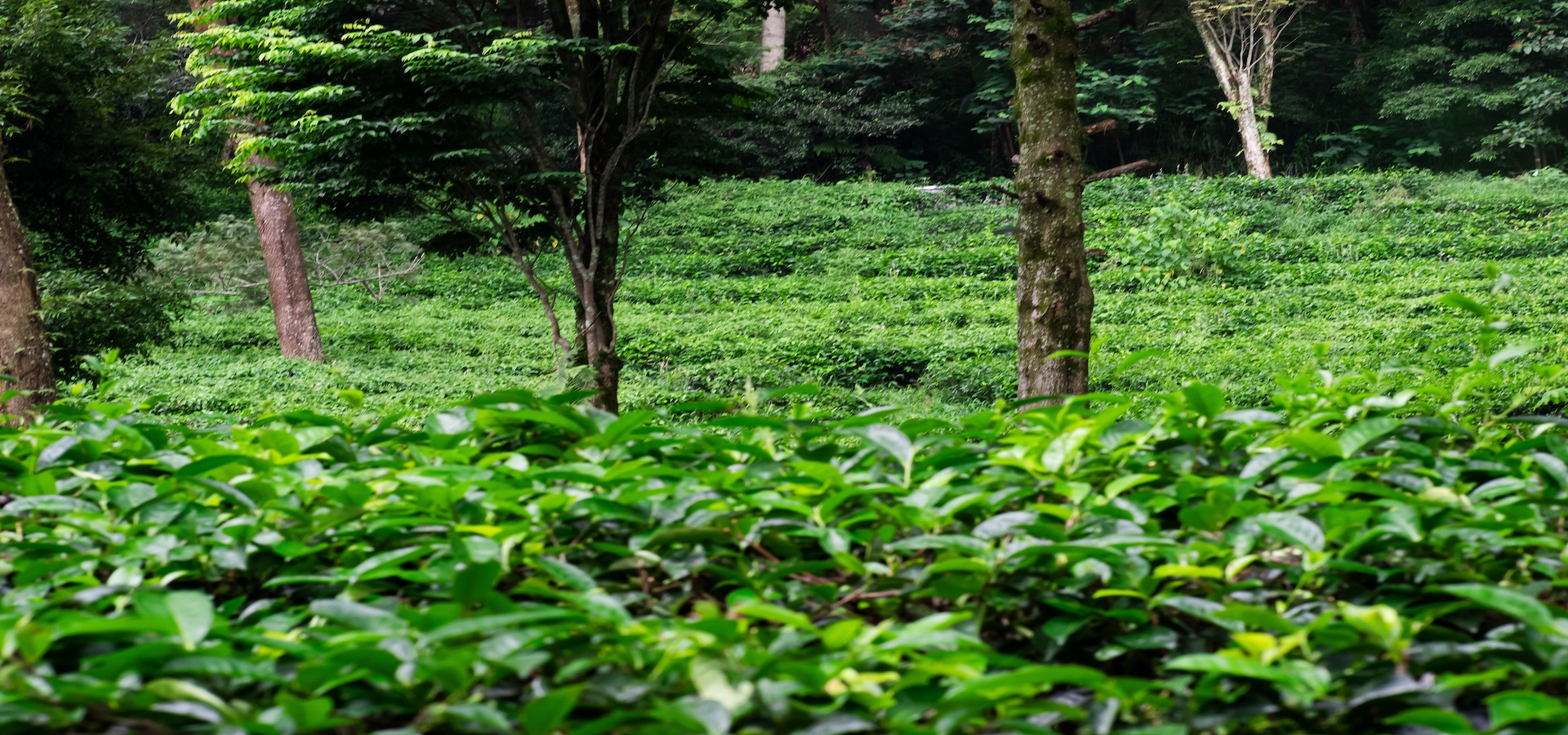
Sustainability Linked Facility – Africa
Key facts & figures
Key Facts
- Client: ETG
- Term: 1 year revolving credit facility
- Guarantee instrument: Pari Passu
- Guarantee exposure: USD 15m (60% of loan value)
- Effective date: February 2024
Deal Summary
AGRI3 is supporting the mobilisation of a USD 25m loan from Rabobank as part of a Sustainability Linked Loan for ETG, a leading Africa-centric agricultural commodities trading company.
The Sustainability Linked Loan facility (SLL) which was launched with an initial commercial banks tranche of USD 115m is linked to the achievement of six sustainability initiatives and targets which will support the company in lowering GHG emissions, reducing deforestation in their supply chains, improving practices of farmers and increasing participation of women in their value chains.
Impact Rationale
The SLL includes an extensive set of sustainability linked KPIs related to emission reductions, zero deforestation in the supply chain, reforestation and extension services for smallholder farmers and in particular for female farmers.
ETG is developing a multitude of group, country and local level tools and initiatives to support the KPI ambitions, several of which are to improve traceability, risk identification and mitigation, and to improve farmers production and livelihoods. AGRI3 also provides specific support through our TA facility for the Change Brewing project that supports the development of low carbon coffee production in Uganda.
Impact Targets
Forest Protection – Reduce deforestation in high deforestation risk supply chains by 100% in 2027 and reforestation program with 500,000 trees planted by 2027
Sustainable Agriculture – Extension services for 1 million smallholder farmers including training on better agricultural, social and/or climate smart practices and access to agricultural inputs, labour or planting materials by 2030
Rural Livelihoods – Increase percentage of female farmers receiving extension services to 50% and increase number of female farmers receiving gender-oriented support services to 30,000 by 2030
Protection of natural ecosystem (direct and indirect)
Sustainable agriculture
Improved rural livelihoods